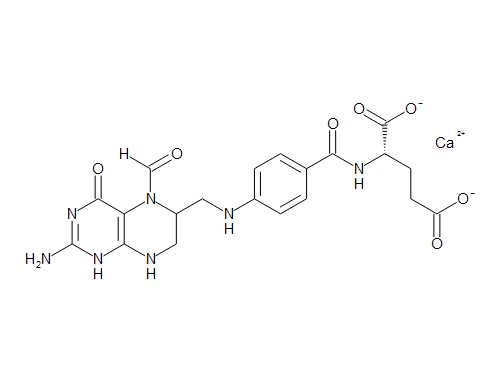Earlier detection of autism, relying on markers in the blood, may help more children to take advantage of helpful behavioral therapies.
Diagnosing autism currently requires hours of observation by clinicians and a far from objective series of behavioral measures, but improvements in genetic testing could make the process more efficient.
In a study published in the journal PLOS ONE, researchers from Children’s Hospital Boston describe a new experimental test to detect the developmental disorder, based on the differences in gene expression between kids with autism spectrum disorder (ASD) and those without the condition. The blood-based test appears to predict autism relatively accurately, at least among boys, and has already been licensed to a company, SynapDx, for commercial development. In an email statement to TIME, a spokeswoman for SynapDx said the company plans to start clinical trials of the new test in early 2013.
Click HERE to read the whole story at Time.com






